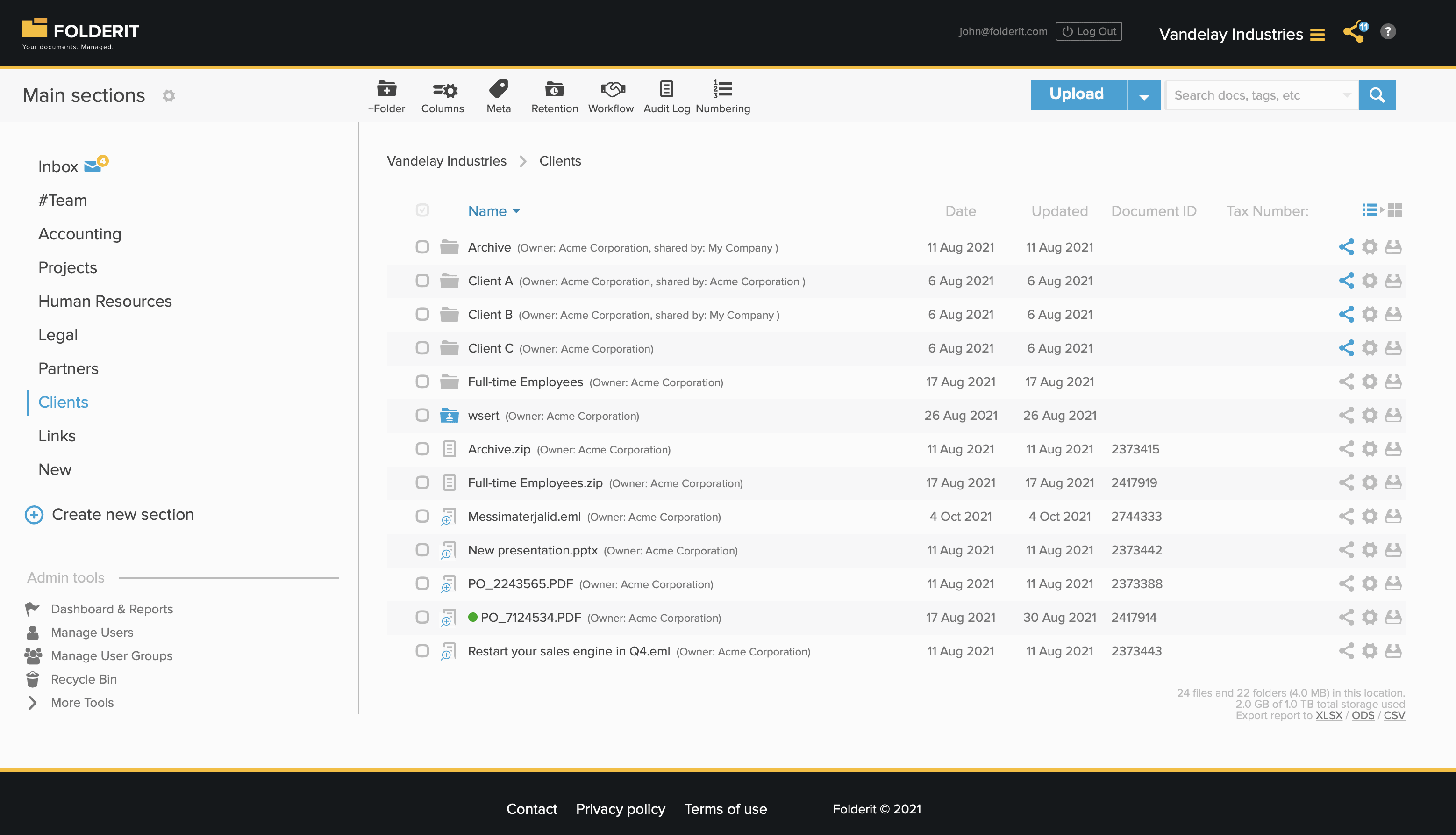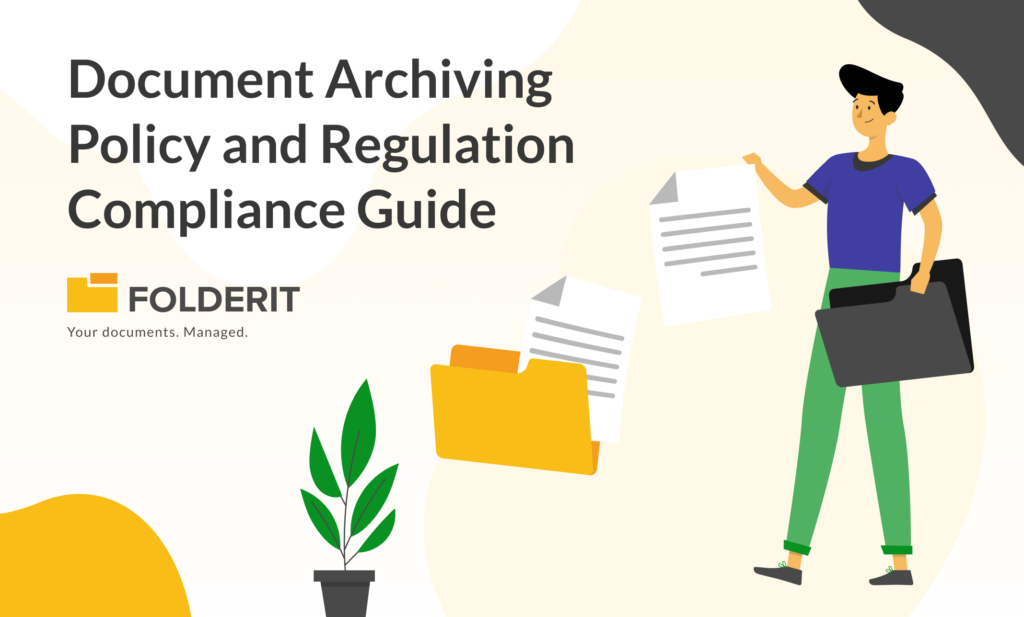The word “consultant” usually casts a very wide net. Their jobs can range from a set of duties that varies from industry to industry. To compress the role in to one sentence, a consultant is someone who has a wealth of knowledge and/or experience in certain areas that other companies hire them to perform a range of duties that may vary considerably depending on the industry. In a nutshell, consultants provide expert opinions, analysis, and recommendations to organizations or individuals, based on their own expertise. They’re essentially fixers, serving as objective troubleshooters, and providing strategies to prevent problems and possibly even improve performance, all from an outside perspective.

Industries usually hiring consultants are:
- Business
- Healthcare
- Military
- Construction
- Technology Companies
- Engineering Firms
- Design
In order to do their jobs well, consultants need to have access to data, they need to keep their content secure from unauthorized access, so they can do their job well.
Document management system for consultants that simplifies document access
Throughout the consultancy tenure, it is important for the consultant to have access to as much information as possible without compromising the security of the company. To accomplish that a decent document management system will allow for varying degrees of access between users and user groups. This way the consultant can be granted to certain levels of access to varying types of information throughout the client’s system. Some folders might be completely open to access, others might be read-only, while others might not even be accessible.
This works vice versa as the consultant can grant the relevant stakeholders access to their information without compromising any other information on their servers.
Approvals
Before enacting any meaningful change, a consultant needs to conduct a lot of back and forth with the organization’s stakeholders to determine how exactly the input will be rolled out in the organization, as some tasks might be simpler than others. E.g., it might be easier to implement a new uniform than to implement a new ERP solution. For this purpose, all tasks will have to go through certain levels of approvals. A good document management system for consultants will allow you to accomplish that without hassle. You can set up the system such that all stakeholders can send their approvals in any order, or they can do it sequentially (depending on how their hierarchy is structured). That way, all the consultant has to do is to put the document up for approval, if there are no objections, it will move on to the next stage.
Security and Safety
The last thing you want is to risk losing sensitive data to unauthorized access or to some calamity that takes your database down. With a reliably secure system you should have 256-bit bank-level encryption that cannot be guessed by even the most powerful supercomputer in a trillion years, and all communications in and out of the system should be encrypted by SSL, ensuring that only users with the requisite authorization have access to the content and no one else.
Additionally, to keep the system protected against unauthorized access, it is important for there to be backups of the content such that they are protected against any natural calamity that may befall a physical server. Having one’s data backed up in triplicate across different location in a purpose-built warehouse is a huge step in protecting content, not accounting for any backups that one might take themselves.
Searching
It is important for data to be as easily searchable as it is accessible. Using powerful OCR, you can not only search using metadata, custom metadata, and digital content, but also using read-only content like images, scans, PDFs, etc. to make sure you don’t lose track of anything.
Conclusion
Folderit goes a long way in providing all of the above features and then some, like numerous integrations, and supplementary connections.



